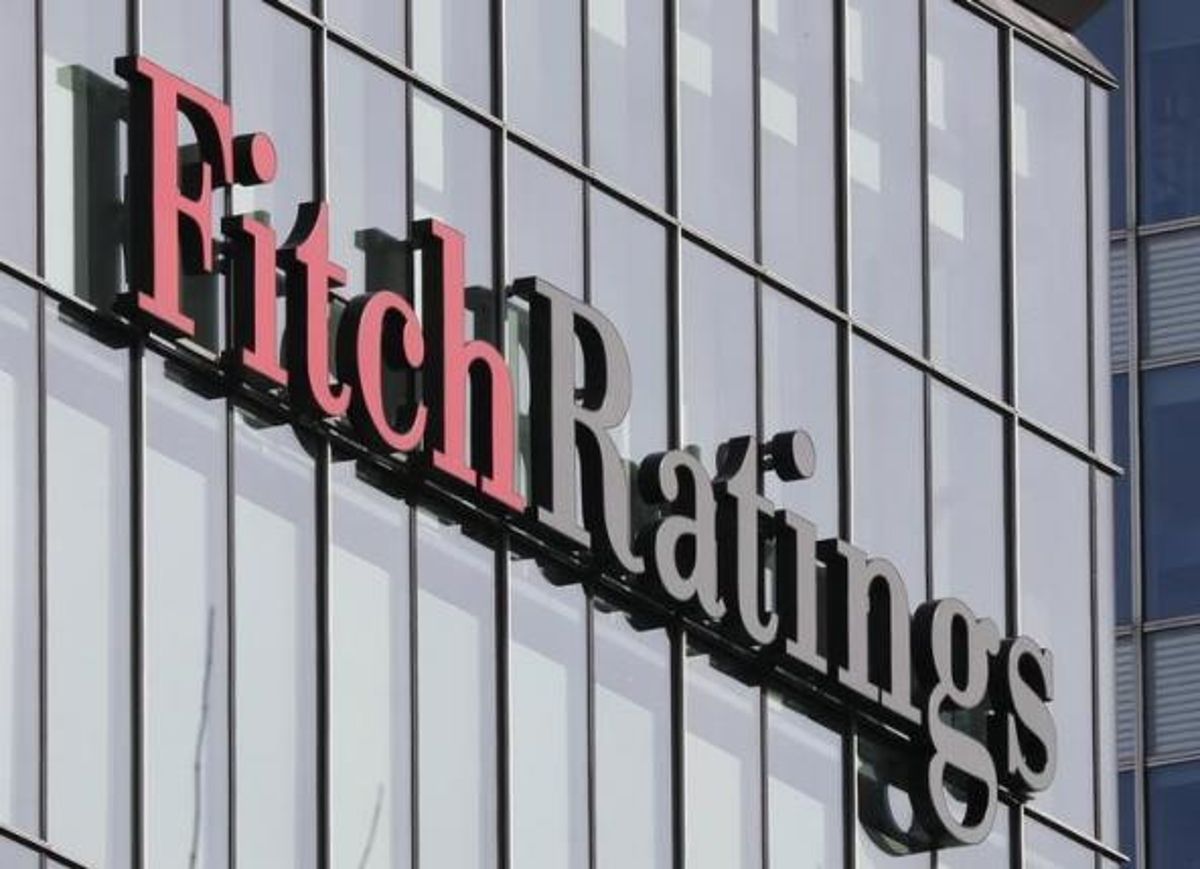
The Outlook is Stable. The issue ratings on Ukraine's long-term senior unsecured foreign- and local-currency bonds are also upgraded to 'B-' from 'CCC', and the sovereign's short-term senior unsecured foreign- and local-currency bonds are upgraded to 'B' from 'C', according to Fitch.
The Country Ceiling has been upgraded to 'B-' from 'CCC' and the Short-Term Foreign- and Local-Currency IDRs to 'B' from 'C'.
The upgrade of Ukraine's IDRs reflects the following key rating drivers and their relative weights: external financing pressures have eased. International reserves have increased by USD2bn over the first 10 months of 2016 to USD15.5bn (around 3.5 months of current external payments), due to bilateral and multilateral support, improvement in some export prices, greater domestic confidence and increased exchange rate flexibility. However, the liquidity ratio remains weak and well below the 'B' median.
The IMF disbursed USD1bn after completing the delayed second review of Ukraine's Extended Fund Facility (EFF) in September, and a third USD1bn U.S.-guaranteed Eurobond issue was placed. Further disbursements from the IMF and other international partners depend on progress in structural reform, which is subject to execution risks, and developments in bilateral relations.
Read alsoFitch: IMF tranche doesn't dispel concerns about Ukraine's reform abilityAccording to Fitch, the current account deficit is expected to widen moderately to 2.5% of GDP in 2016 from 0.2% in 2015 and approach 3% over the forecast period to 2018. However, multilateral and bilateral financing, as well as improving domestic confidence supporting higher net capital inflows, will generate increases in international reserves forecast to average USD2.3bn over 2017-2018.
Inflation is forecast to average 14.9% in 2016, down from 48.5% in 2015, but well above the 4.6% 'B' median. The National Bank of Ukraine (NBU) is working towards putting in place an inflation-targeting regime that seeks to gradually reduce inflation to 5% by 2019, a goal that depends on coordination with fiscal policy and maintaining policy credibility.
Political risks remain significant, but near-term political volatility has eased, Fitch said.
Read alsoFitch downgrades Kyiv's long-term issuer default ratings to 'CC'The banking sector has stabilized, but is weak with low capitalization levels and non-performing loans of over 50%, and poses a risk to economic stability and constrains economic recovery.
The main factors that could, individually or collectively, lead to a negative rating action are: re-emergence of external financing pressures, loss of confidence and increased macroeconomic instability stemming from delays to disbursements from, or the collapse of, the IMF program, as well as external or political/geopolitical shock that weakens macroeconomic performance and Ukraine's fiscal and external position.
Fitch expects neither resolution of the conflict in eastern Ukraine nor escalation of the conflict to the point of compromising overall macroeconomic performance.
Fitch assumes the status of the outstanding USD3bn debt with Russia does not create risks for Ukraine's sovereign debt service and access to external financing.

